Crohn's Disease – a chronic autoimmune disease of the digestive system. The inflammatory process involves the wall of the gastrointestinal tract and can involve different areas of the gastrointestinal tract. Most often, however, the disease affects the intestines, specifically the terminal ileum.
The sick patient's immune system fights off intestinal bacteria or substances a healthy body tolerates. The result – persistent inflammatory reaction that, over time, can damage the intestinal mucosa.
Crohn's disease is named after Burrill Bernard Crohn, an American researcher who described the condition in 1932. The intractable symptoms of this long-lasting and recurrent disease cause a significant reduction in quality of life.
To date, this entity is considered incurable. The condition can recur repeatedly throughout life, and treatment methods are designed to prevent recurrence. But scientific research is constantly developing the subject.
The digestive system is a combination of organs that work together, that assimilates the nutrients necessary for survival. Through it, it receives the components needed to fuel all life processes. The digestive system consists of the following elements:
Each organ performs a specific role for the body to function correctly – the element of the digestive system where digestion begins in the oral cavity. Food is broken down and subjected to the work of enzymes. It then travels further through the digestive system – namely the pharynx and esophagus.
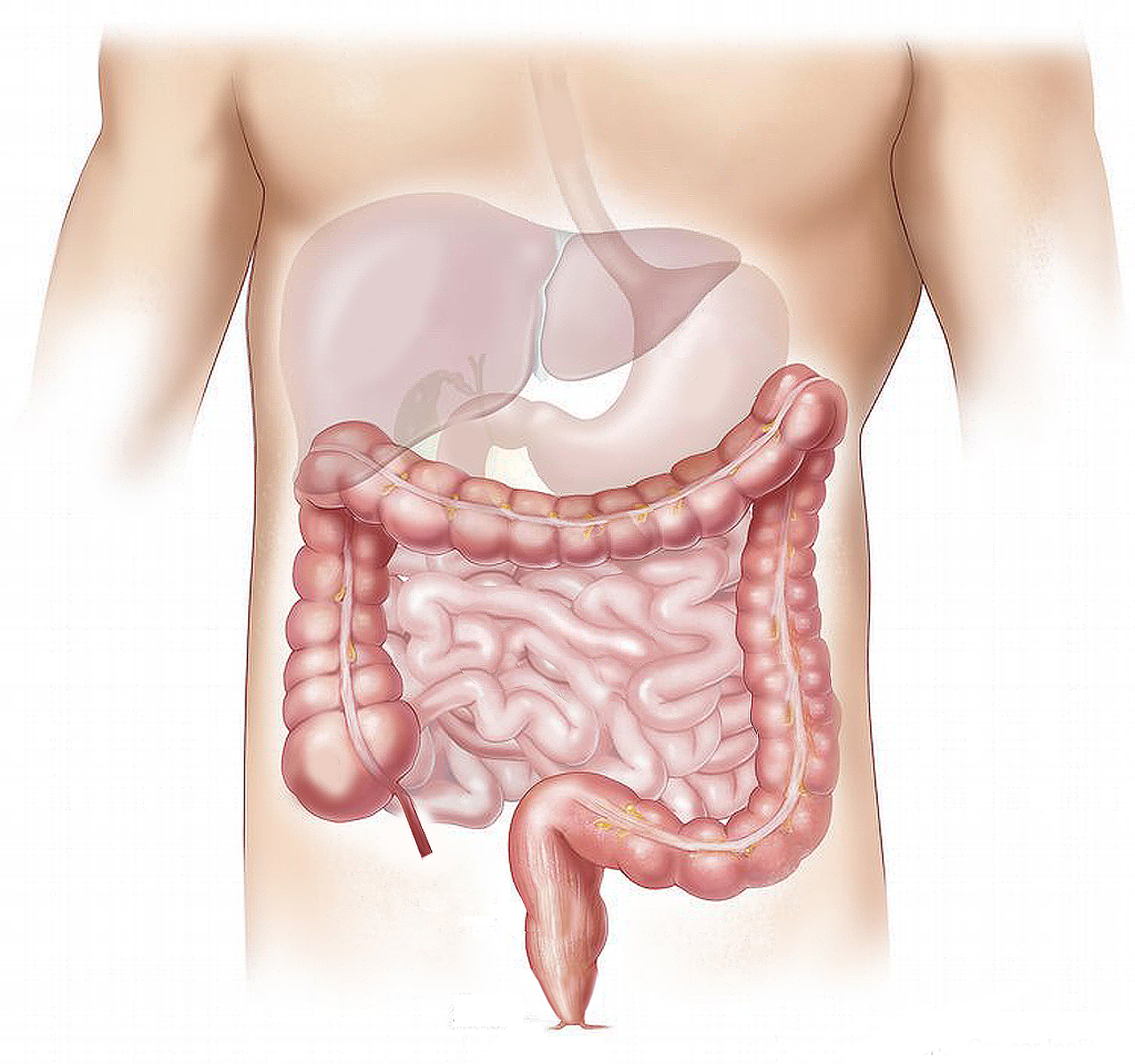
The digestion procedure takes place in the stomach. Further down, the processed food goes to the intestines. The small intestine serves for the absorption of nutrients into the bloodstream. The intestine-due to the microorganisms living in it, is a vital organ of the immune system.
Then, the food enters the large intestine. This organ absorbs nutrients that did not enter the bloodstream in the small intestine and forms feces. Food already completely digested then exits the body through the rectum.
The work of the digestive system is significant for maintaining health. Inflammation and disease in the area of these organs contribute to health problems and give specific symptoms. The most common conditions of the digestive system involve the intestines. These include:
Diseases of the intestines are accompanied by typical symptoms, making it challenging to diagnose individual intestinal disorders. Although many gastrointestinal diseases have a genetic basis. But, it is not uncommon that the risk of developing them can be effectively reduced. The patient's diet is of no minor importance in developing various diseases.
Crohn's disease is an inflammatory disorder. Its causes are unknown, but specialists believe it is a multifactorial disease. Thus, some factors may be related to this inflammatory bowel disease. These are as follows:
The mucous membrane is designed to protect the body. In Crohn's disease, protection is impaired, putting the immune system at risk. Bacteria and other harmful substances can penetrate the intestinal wall. This process causes the immune system to react inappropriately, leading to severe inflammation within the gastrointestinal tract.
Some sources report that infection of the intestinal mucosa with a strain of bacteria is responsible for the development of the disease. More often, however, a disruption of the natural intestinal barrier is considered the cause.
Crohn's Disease is much more common in highly industrialized countries. This means that environmental factors can influence the development of this disease. Like smoking – this stimulant increases the risk of Crohn's disease. It is also suspected that processed foods and an unbalanced diet influence this inflammatory bowel disease.
The health of the immune system depends on the gut flora microbiome. Poor diet disrupts the intestinal flora. Subsequently, this has a negative impact on the immune system. Also in early childhood, the immune system is developing. Then the lack of adequate microbial stimuli can lead to the development of disease. In addition, it has been noted that stress and anxiety are not essential factors in Cohn's disease.
Nutations of various genes are a factor in Crohn's disease. The discovery of the gene associated with the onset of the disease was a scientific breakthrough. Genetic changes are primarily responsible for abnormal responses to antigens found in the intestine. This has also made the diagnosis of Crohn's disease easier. Therefore, genetic testing is an effective diagnostic method.
Genetic factors also mean an increased risk. A family history of the disease increases the probability. Being in the risk group, one should take special care to prevent Crohn's disease.

The disease affects people of all ages. But increasingly affects children and adolescents. In most people, the first symptoms appear between 15 and 30. However, older people can also contract it. Phases of exacerbation and remission characterize the disease. It can affect the entire gastrointestinal tract – inflammation can develop from the mouth to the anus.
Diagnosis of the disease is complicated because similar symptoms can occur in other syndromes associated with inflammatory bowel and digestive tract diseases. Therefore, Crohn's disease is usually diagnosed late. And it makes treatment more difficult.
Crohn's disease produces a variety of gastrointestinal symptoms. But non-specific symptoms can also arise. However, the most common symptoms are abdominal pain, usually after eating. Joint, abdominal pains are cramps and bloating. In addition, when touching the abdomen, one can generally feel a lumpy resistance.
Diarrhea that lasts for a long time is also a typical symptom. Chronic recurrences of diarrhea can last for several weeks or longer. Patients may also notice blood in the stool, which can be associated with inflammation or lesions of the anal area.
Symptoms of discomfort and pain in the anal area are common. Fissures, abscesses, or fistulas cause them. Gastrointestinal problems also contribute to decreased appetite and weight loss, leading to weakness.
Non-specific symptoms can include fever and sub-febrile states. Also, various types of inflammation can occur. Such as dermatitis or inflammation of the eye. Sometimes there may be joint pain, also related to inflammation.
Early diagnosis and prompt treatment initiation can alleviate Crohn's disease, thereby improving the patient's quality of life. If the condition is not diagnosed, malnutrition and cachexia develop over time. If you experience problematic gastrointestinal symptoms, you should see a doctor immediately. Especially if they persist for a long time.
The patient's medical history is needed for diagnosis. After it, the doctor recommends certain tests to diagnose the condition. Since symptoms can affect different areas, diagnosis can be difficult. Recommended tests for Crohn's disease include:

The specialist chooses different testing methods depending on the patient's case. All possible risk factors and other diseases giving similar symptoms are checked during the interview. The doctor can make a final diagnosis after conducting numerous tests and analyzing the patient's medical history. Crohn's disease can often be confused with other gastrointestinal disorders.
Due to the characteristics of its symptoms, Crohn's disease can be confused with other disease entities. Abdominal pain can indicate various diseases related to the digestive system. So can diarrhea. Therefore, multiple methods of testing are needed in the diagnosis of Crohn's disease. Diseases with similar symptoms to Crohn's disease are as follows:
Although some of the symptoms of these diseases are similar – the different conditions require different treatments. Which diseases are suspected depends on the symptom complex. Crohn's disease can affect many parts of the digestive system. That is is why it is confused with many other conditions.
The treatment choice for Crohn's disease depends on the patient's situation. Crohn's disease is specific and complex. Cases may differ in symptoms and severity of symptoms. A complete cure is impossible, but many treatment options are now available. An adequately selected treatment can reduce the disease activity for a long time, eliminating most symptoms.
Treatment of Crohn's disease aims to:
Pharmacological and surgical treatments are available. Psychological support and changing habits to healthy ones are also essential to facilitate the treatment process. Various types of medications are used, depending on the individual's needs related to symptoms.
Anti-inflammatory drugs are used to inhibit excessive activity of the digestive system. Sometimes surgical intervention may be necessary. However, surgical treatment is usually performed in severe conditions with complications.
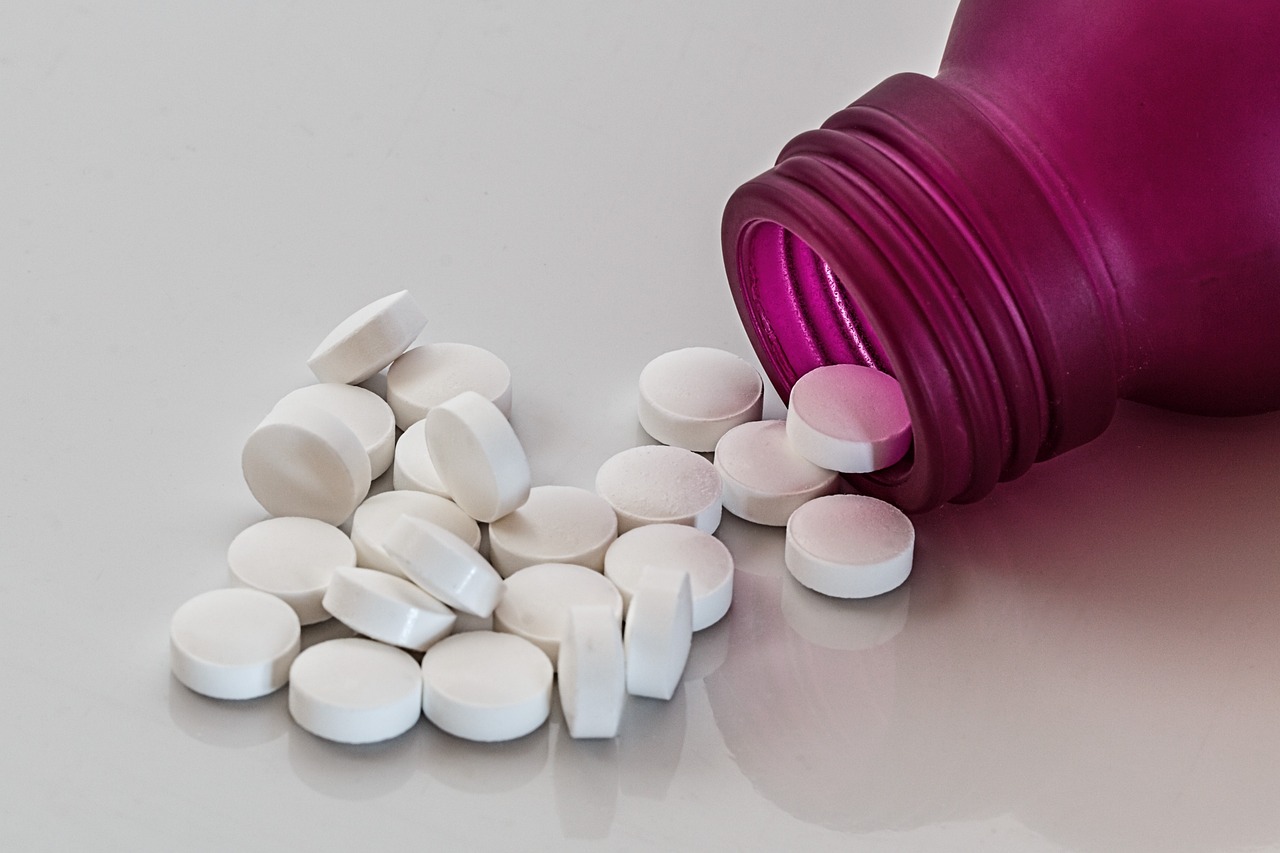
Crohn's disease is a chronic condition. Although many drugs are available to control the activity of this condition effectively, a causative drug has yet to be developed. Therefore, relapses of Crohn's disease are common, and complications are also possible in acute disease states.
Continued inflammation of the gastrointestinal tract and inappropriate immune system response can cause other health problems. Complications of Crohn's disease include:
The most common complication of Crohn's disease is fistulas. A fistula is a connection between two or more organs resulting from pathological processes. For example, the perianal fistula involves the formation of a channel between the anus and the skin of the anal area. Colorectal cancer – can also be a complication, as Cohn's disease increases its risk. In addition, various types of inflammation and infection can occur.
Prevention can be useful for many people. For those who suffer from Crohn's disease. And also for those who are in the risk group. Healthy habits can protect or minimize the occurrence of unpleasant gastric symptoms. The principles of a healthy diet positively affect intestinal peristalsis. A varied diet containing probiotics is necessary for the intestinal bacterial flora to contain various health-promoting bacteria.
Crohn's disease also often leads to the body not receiving enough nutrients. Lack of appetite and diarrhea are alarming for overall health. An inflamed intestine is less able to absorb or process nutrients. That's why it's essential to ensure the body gets enough fluids and vitamins. You can follow the basic principles of healthy eating. According to the nutrition pyramid – lots of fruits and vegetables.
You should also avoid foods that can stress the digestive tract – such as high-fat foods. It is also worth giving up smoking. Prevention can complement the treatment of Cohn's disease. Then the recurrence of symptoms can be weakened. Therefore, it is worthwhile to implement healthy habits that will also protect us from other diseases.

Crohn's disease is an inflammatory condition of the digestive system It is chronic and recurrent. It most often affects the intestines. But it can also involve different areas of the digestive system. Diagnosis of this disease entity is an extremely difficult process requiring many tests.
Because of the different syndromes of symptoms, Cohn's disease can be confused with other diseases. No drug has been invented to date to cure Cohn's disease. But symptomatic treatment is possible, improving patients' comfort. Treatment includes drug therapy or surgery. It is also essential to change your diet.
Table of Contents
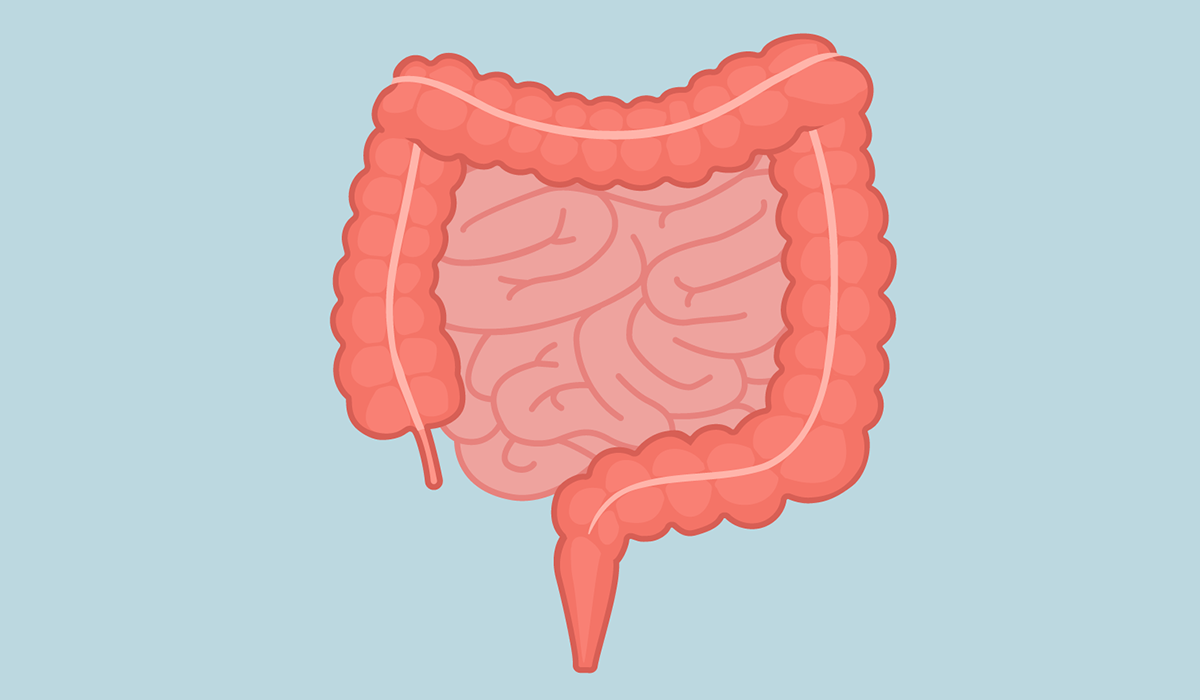
The term “bowels” refers to the gastrointestinal tract, specifically the intestines. They are divided into two main parts: the small… read more »

Ileus is a medical condition that stops the passage of food through the digestive tract. What are its symptoms and… read more »
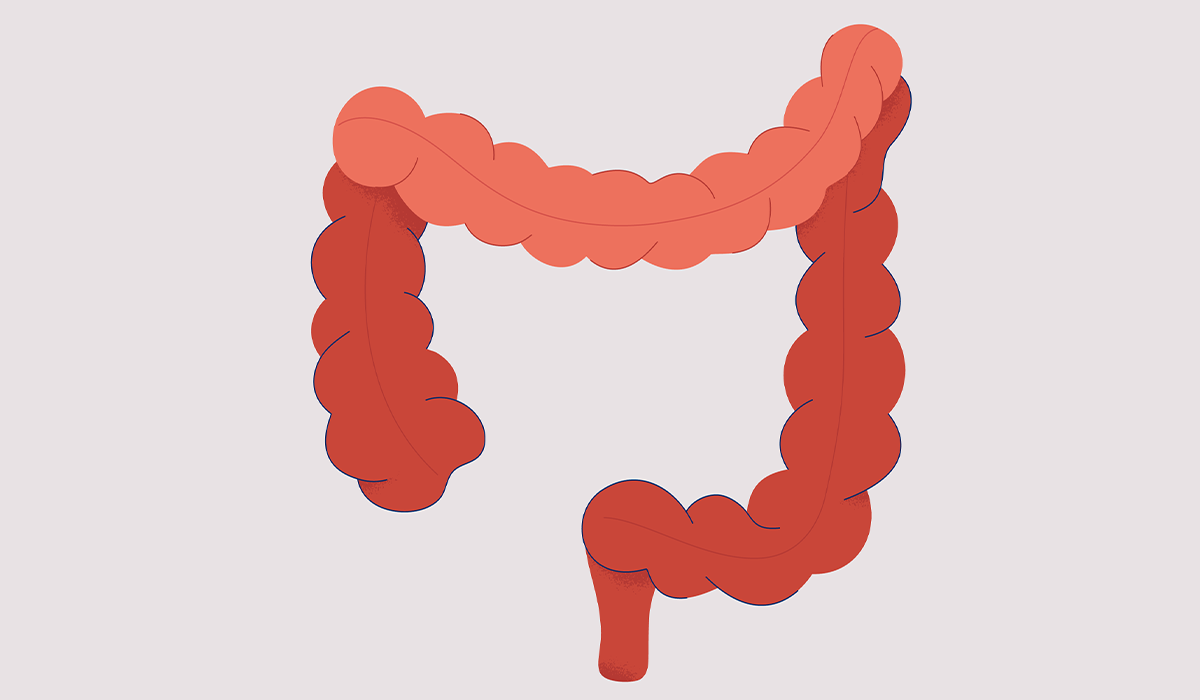
The colon is part of the large intestine and is essential for the digestive system. Some signs may indicate problems… read more »

SIBO is a syndrome of symptoms that occurs when there are too many bacteria in the small intestine. The causes… read more »

Flatulence is the excessive accumulation and release of gases. See what are the causes of this condition. What to do… read more »
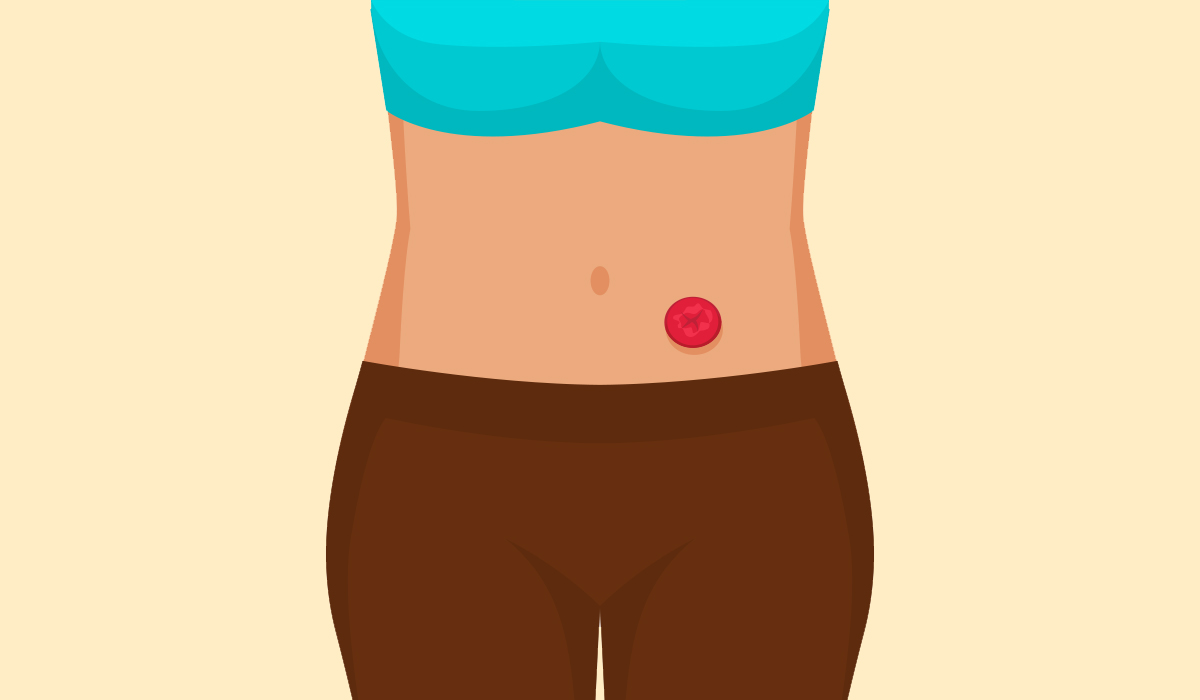
A stoma is a surgically created opening that leads urine or faeces outwards. The procedure of placing a stoma is… read more »
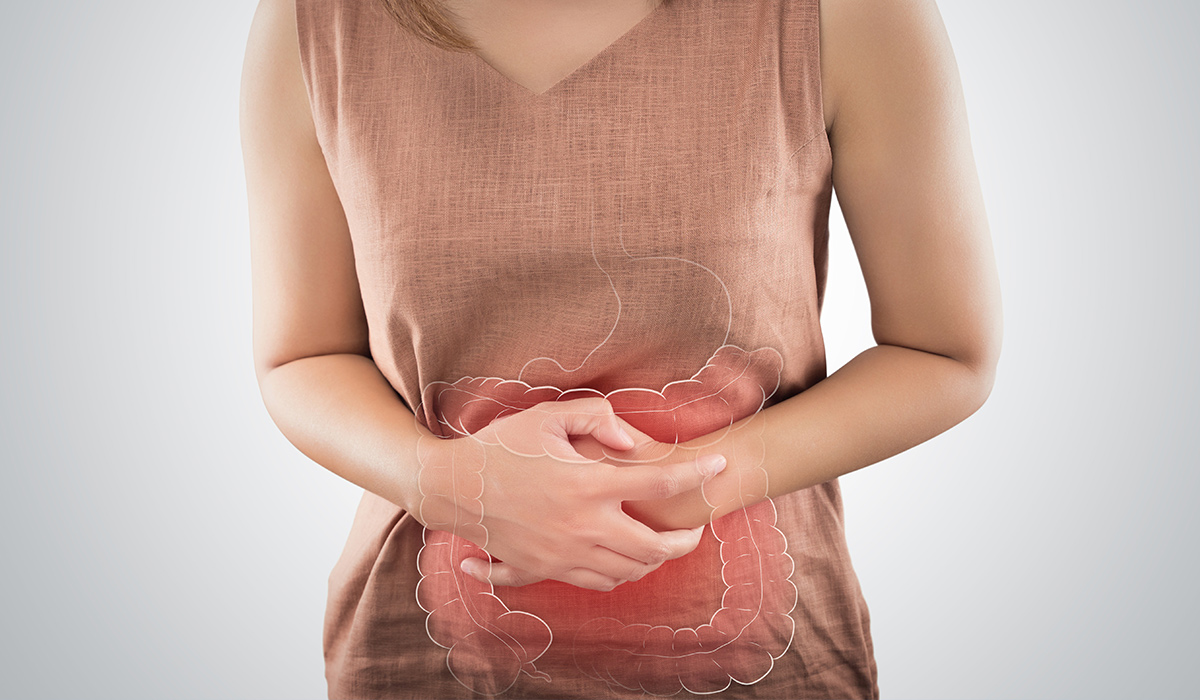
Ulcerative colitis is a chronic inflammatory disease of the large intestine, often manifested by diarrhea with blood. Here is everything… read more »
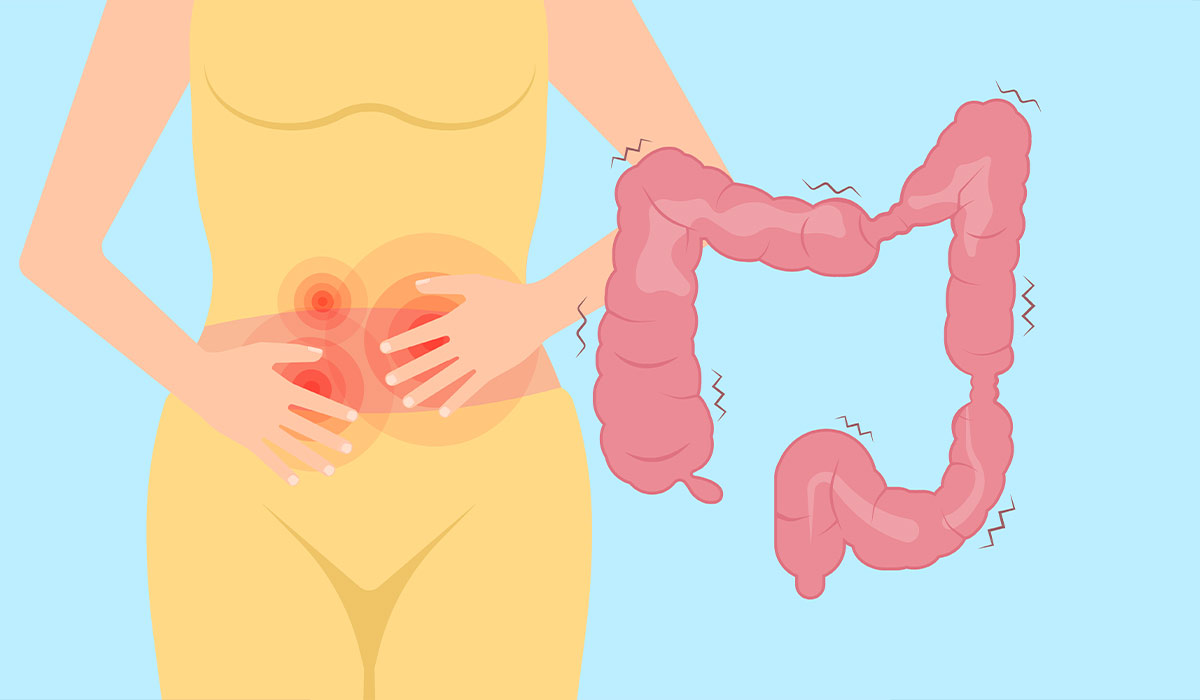
It is estimated that 5-10% of the world population has been diagnosed with Irritable bowel syndrome. This common and lifelong… read more »
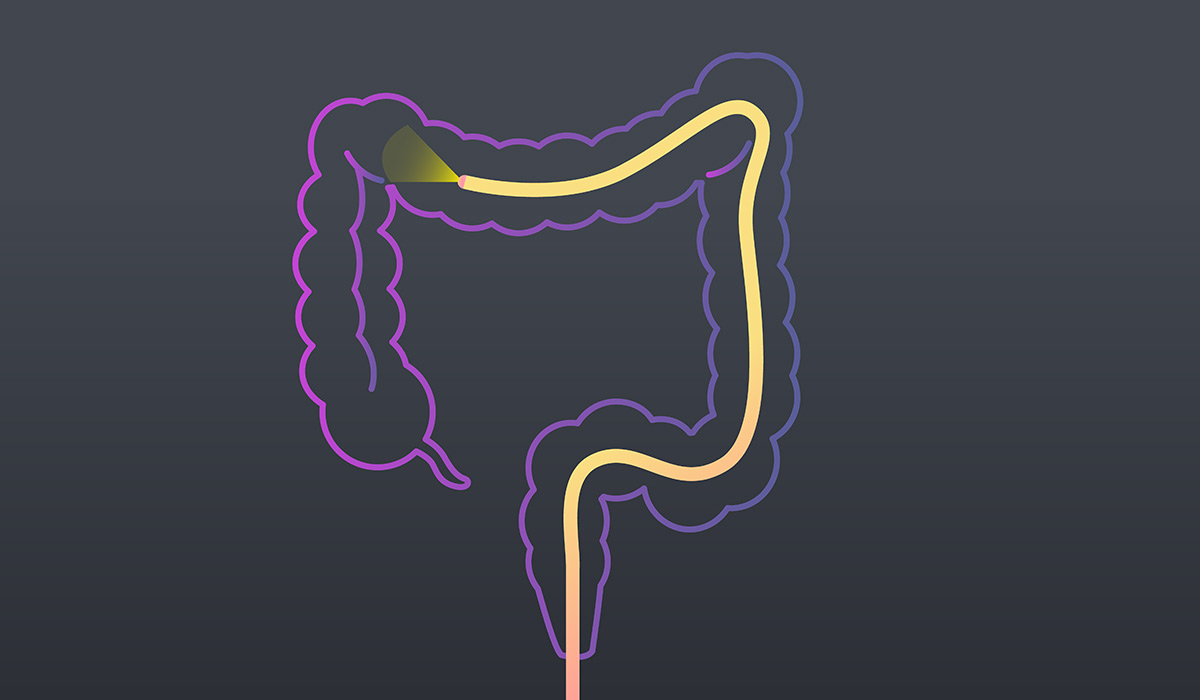
A colonoscopy is a medical procedure used to examine the interior of the colon (large intestine) and rectum. It is… read more »